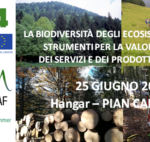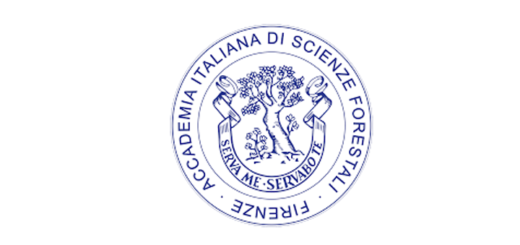4th Xylem International Meeting (25-25 Sept 2019)
The 4th Xylem International Meeting (XIM4) will take place at the Botanical Garden of the University of Padua on 25-27 September 2019. The participation is limited to 100 people.
XIM4 is a forum for discussing on the cutting edge topics related to plant anatomy/hydraulics to advance our understanding on the integration of the different hydraulic compartments in order to implement more detailed and realistic information into vegetation and climate models.
The meeting will be focused on the following topics:
• Resistance and resilience of plant hydraulic systems to environmental stress. The long term maintenance of the xylem hydraulic architecture is fundamental for the survival of a plant. Species have evolved different mechanisms of hydraulic resistance (i.e., to maintain functionality) or resilience (i.e., to recover the hydraulic capacity upon stress relief via regrowth or repair) to different climatic (e.g., drought, heat, frost, etc.) or biotic (pathogens) stress, likely making species more or less susceptible to phenomena of tree mortality, with potential consequences on forests’ species compositions with the future climate changes. Moreover, intraspecific variability arising from different geographic provenances or due to different ontogenetic developmental stages might also play a role in relation to potential changes in the species’ distribution areas and social status in the different forest communities. Also, an understanding of inter- and intra-specific variability of plant hydraulic efficiency, and especially of its anatomical and molecular determinants, is fundamental for forecasting potential changes in the species’ distribution areas, and for the maintenance of crop productivity and for the safety of forestry activities. Confirmed keynote speaker: Sean M. Gleason (USDA-ARS, Fort Collins, CO, USA) and Giovanna Battipaglia (University of Campania, Italy).
• The hydraulics at the extremities: Leaves and fine roots are the extremities of the plant’s hydraulic path. These organs connect the hydraulic system to the harsh conditions of air and soil, thus being exposed to the risk of extreme dehydration. Together, they cover an extremely low proportion of the total hydraulic path length, but their resistance to water flow is extremely high. Moreover, they are composed by living cells, thus characterized by a biomolecular activity (e.g., osmoregulation through mobilization of non structural carbohydrates, aquaporine expression, biochemical control of stomatal conductance, etc.), which can promptly react to changing environmental conditions. Confirmed keynote speaker: Andrea Carminati (University of Bayreuth, Germany).
• The molecular biology of plant hydraulics: The plant vascular system is characterized by a rather precise geometrical organization, from leaf venation networks to branching patterns and axial variation of cell structures (e.g., conduit/pit size and density). For 99% of total hydraulic path length, water is flowing in plants through dead vascular elements (tracheids, vessels, fibres), varying in size and features fixed during growth and differentiation. Nevertheless, which biochemical and biophysical mechanisms and long distance signaling are involved in the control of vascular development and how these can be affected by climate variability have still to be deeply investigated. Even after complete maturation, these dead elements are surrounded by living parenchyma cells, which are thought to play important roles for carbon and water storage, and other functions still relatively unexplored. Moreover, the radial water pathways at root and leaf level involve water movement through living cells. Modern molecular biology and genomic tools offer an unprecedented possibility to answer exciting questions: Are wood parenchyma cells actively involved in plant hydraulic functioning, and how? Can we identify molecular tools to improve plant hydraulic efficiency/safety? Can plants actively modulate their hydraulic efficiency/safety? Confirmed keynote speaker: Maciej Zwieniecki (University of California Davis, Davis, CA, USA).
SCIENTIFIC COMMETTEE: Tommaso Anfodillo, Marco Carrer, Hervé Cochard, Sylvain Delzon, Andrea Nardini, Giai Petit, Andrea Pitacco, Francesca Secchi, José Torres-Ruiz
Segnalato da Giai Petit
Info Autori
Scuola di scienze Agrarie, Forestali, Alimentari e Ambientali (SAFE-UNIBAS)






